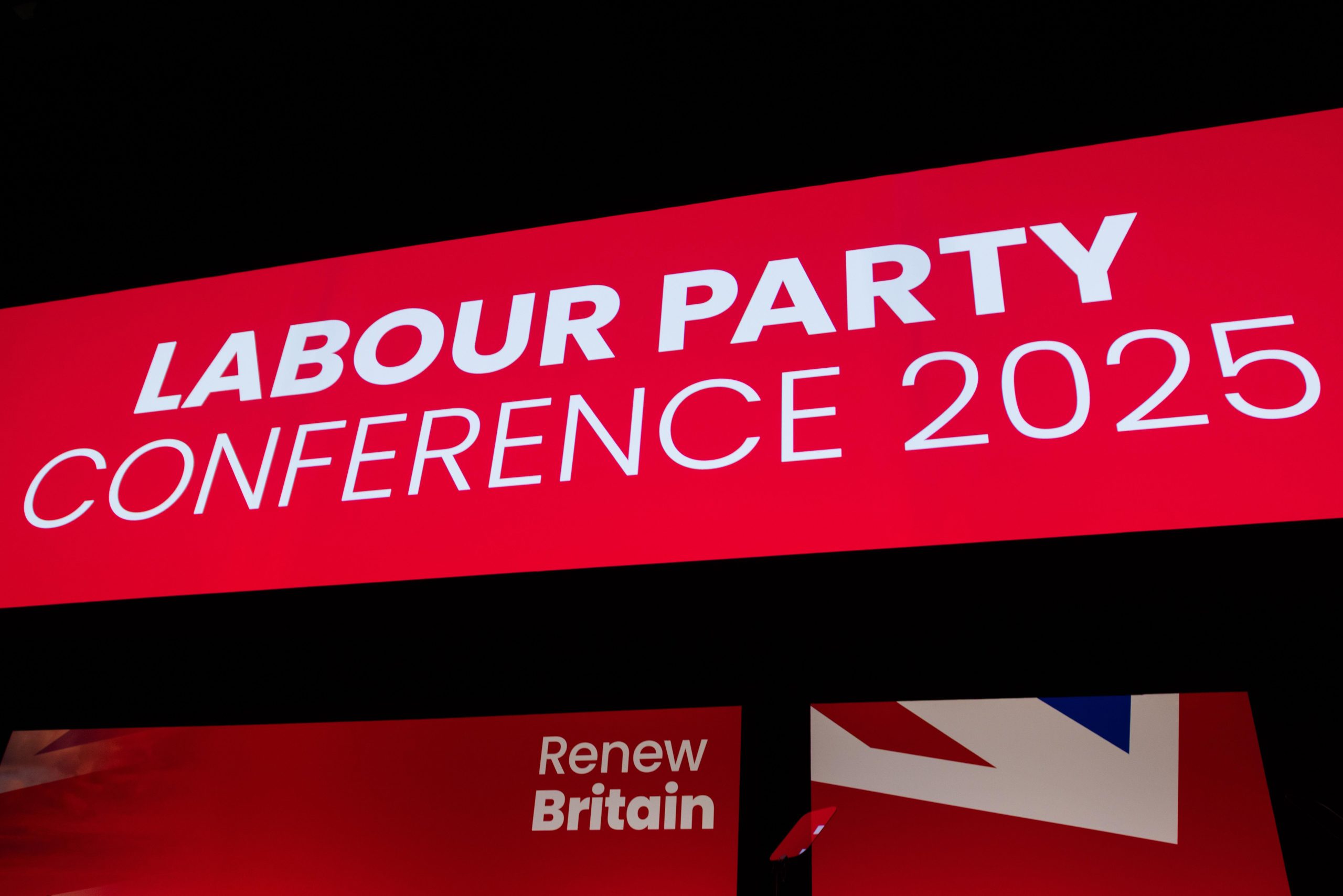Two names have rung through the halls of the Labour Party Conference last week – Nigel Farage, who was given a kicking – and Owen Jones, who was literally kicked out. The Guardian columnist had been vox-popping politicians and delegates for his YouTube channel. His style is confrontational. But did he cross a line? Apparently so. On Tuesday his conference pass was revoked over “safeguarding issues”. He was told: “After careful consideration, we’ve concluded that we cannot continue your attendance while ensuring we meet our safeguarding obligations to all attendees.” Jones has cried foul. He called it “Trumpian behaviour” and believes it was because of his “attempt to question Cabinet members and MPs about Britain facilitating Israel’s genocide”.
It was a similar story for Rivkah Brown from Novara Media, who had her pass revoked, safeguarding cited, and asked whether Labour was “purging journalists it doesn’t like”.
Whether their free speech rights were violated or not is hard to tell (of Owen’s behaviour specifically we spoke to some conference attendees who said it was aggressive and others who’ve said it wasn’t). If the safeguarding concerns were genuine then there isn’t much of a story here, for us at least. A free speech defence can’t be used to excuse bad behaviour. But Labour would do well to be open and transparent, to provide details of what specifically they think he did wrong. Otherwise, we’re left to draw the worst conclusions.
Labour is not the only party expunging its conference of critics. Reform and the Conservatives (whose conference started on Sunday) have banned reporters without explanation. One was Byline Times journalist Adam Bienkov, who has attended and reported from Conversative Party conferences for years now. Last year the Byline Times published an embarrassing story about Conservative party councillors pretending to be ordinary folk during a televised election campaign event. A year later, Bienkov is suddenly off the invite list.
A reminder – both parties are led by people who position themselves as guardians of free speech. It’s pretty revealing of the vacuity of such claims.
Meanwhile, the Green Party’s conference opened last friday. A few weeks ago a curious email came into my inbox. It was from an esteemed doctor who was organising a fringe event about medically unnecessary penile circumcision in children. It got cancelled. They’ve also not been given a reason and their suspicion is that it’s to avoid wading into something that might offend Jewish people and Muslims, and attract adverse media publicity as a result.
Party conferences are revenue-raising events yes, and the press are shipped in to capture the hot takes. But conferences are also places where policy is debated and agendas set. Journalists come to ask the tough questions and challenge politicians and even party members on inconsistencies or shortfalls. Fill the marquees with “yes” people and democracy is bound to suffer.






